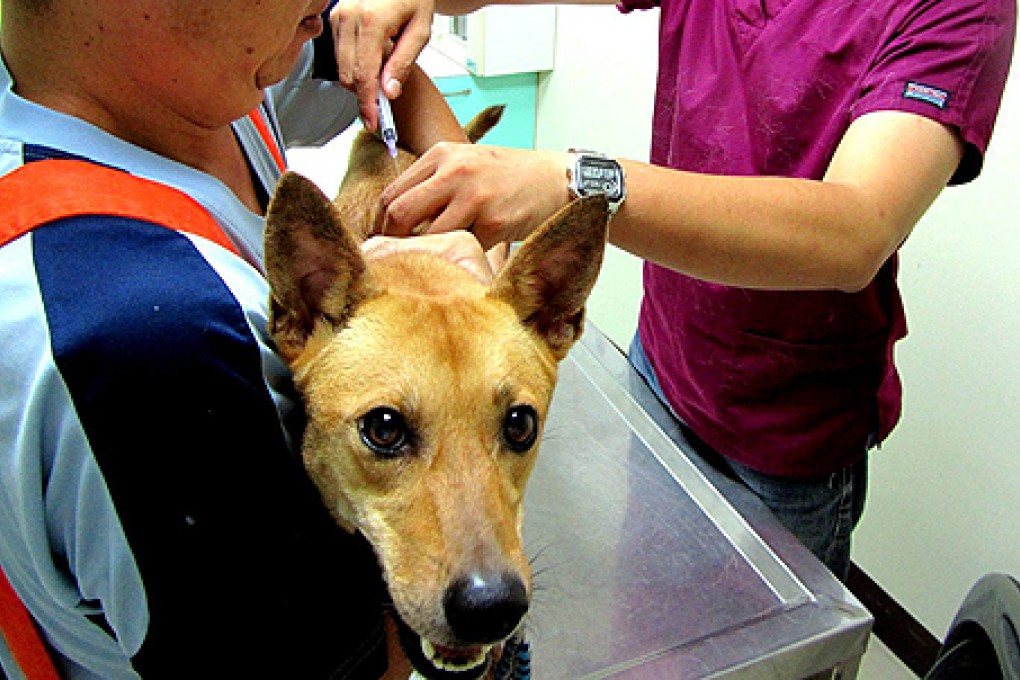
Taiwan on Sunday called on citizens to vaccinate their pet cats and dogs against rabies as health officials stepped up attempts to combat the deadly disease following a string of outbreaks among wild ferret-badgers.
Their call came after five more infections within ferret-badgers – a small mammal of the mustelidae family – were confirmed, bringing the total to 11.
Taiwan is now listed as a rabies-affected area by the Paris-headquartered World Organisation for Animal health (OIE) after the island confirmed on July 17 that three infections had been found, the first outbreaks since 1959.
Those cases were recorded in central Taiwan but the later outbreaks were documented in the south and southeast part of the island, prompting health authorities to take counter-measures including the vaccination of tens of thousands of canines and cats.
“In doing so hopefully the outbreaks can be contained in some areas,” said Edward Chao, the spokesman for the Bureau of Animal and Plant Health Inspection and Quarantine.
So far only ferret-badgers have been confirmed as infected but fears of rabies spreading to other species have mounted.
Officials are particularly concerned that domestic cats and dogs could become infected which would significantly increase the risk to humans.